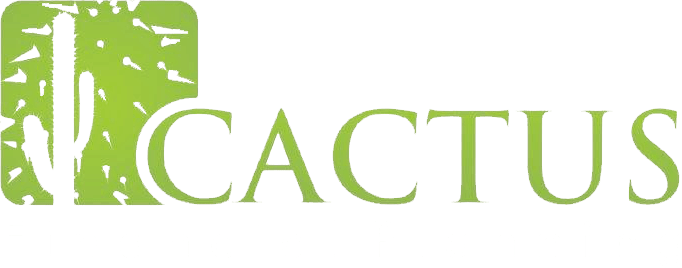
A trust may be one of those financial tools you’ve heard of but know little about. In some circumstances, they can be an excellent way to help manage assets and reduce tax liabilities. However, it’s important to understand what they are and where setting up a trust can be useful before proceeding.
What is a trust?
Even the basics of a trust can seem complicated due to the legal jargon used. But the principle is relatively simple.
A trust is simply a legal arrangement for handing assets to one or more people or a company (trustees) to control on behalf of one or more people, known as beneficiaries. Whilst the trustees have control of the assets, they must act according to rules set out by the person that set up the trust (the settlor) and with the interests of the beneficiaries in mind.
Say, for example, you want to ensure a child in your family would be taken care of should something happen. A child won’t be able to take control of an inheritance, but you may not want to hand over money intended for the child to another adult without being able to stipulate how it can be used. A trust allows you to set out some rules and have peace of mind that the trustee must act in the interests of the child.
Many different assets can be placed in a trust, including money, investments or property.
There are many different types of trust, which may have different advantages depending on your needs. Among the most common types of trusts are:
Bare trusts: As the name suggests, these are the simplest types of trust. The beneficiary has the absolute right to the assets within the trusts, as well as any income they may generate. Whilst, the trustee will take responsibility for managing the trust’s assets, they have no say in how or when the assets or capital is distributed.
Discretionary trusts: This is where you give the trustees the power to decide how to use the income assets which the trust generates. How much power they have is stipulated by the settlor in a letter of wishes. They may, for example, have the power to decide the portion of income that is paid out, which beneficiaries beneficiates will receive income and how frequently disbursements are made.
Interest-in-possession trusts: In this case, a beneficiary has the right to receive an income generated by the trust’s assets or the right to use assets it holds. This can be for life or for a defined period of time. For instance, a beneficiary may have the right to live in a property that is held in trust until they die.
Settlor-interested trusts: If you or your spouse or civil partner will benefit from the trust, this is known as a settlor-interested trust.
Mixed trust: This is an option that blends multiple types of trusts. So, a portion of the assets held in trust can be set aside as an interest-in-possession trust, whilst the remainder can be treated as a discretionary trust, giving trustees greater control over a portion of the assets.
The above are examples of just a few of the types of trusts available. There are other options, which may be more suitable to your circumstances, if you’re thinking of using a trust.
When can using a trust be useful?
There are many instances where a trust can be a useful way to hold assets, including:
- Providing certain conditions are satisfied, assets held in trust aren’t considered part of your estate. This means they will not count towards a potential Inheritance Tax bill when you die.
- Having greater control over how and when assets are distributed after you die.
- Preserving the assets rather than splitting them up between beneficiaries. This may mean the wealth you’ve accumulated is able to grow further and still benefit loved ones.
- Holding and managing assets for people that are not ready or are unable to do so themselves. This may include children or vulnerable people.
Setting up a trust
If you think that setting up a trust is right for you, it needs to be a carefully considered decision, from both a financial and legal perspective.
Once a trust has been set up it may be impossible or very difficult to reverse the decision. As a result, it’s vital that you ensure it’s the right choice for you financially before you take any further steps. Ensure you look at the medium and long term when assessing how appropriate a trust is for your financial situation. It’s also important to note that beneficiaries may pay tax on distributions they receive, this may play a key role in understanding if it’s a good idea for you.
From a legal perspective, a trust needs to be precisely worded. For this reason, you should use a solicitor to help you set it up. You can expect solicitor fees to be around £1,000 or more, though this will depend on your personal situation and the complexity of the trust. It’s a fee that could save you from making costly mistakes.
If you’d like to discuss the financial merits and drawbacks of a trust with your situation in mind, please contact us.
Please note: The Financial Conduct Authority does not regulate wills, trusts, tax or estate planning.
